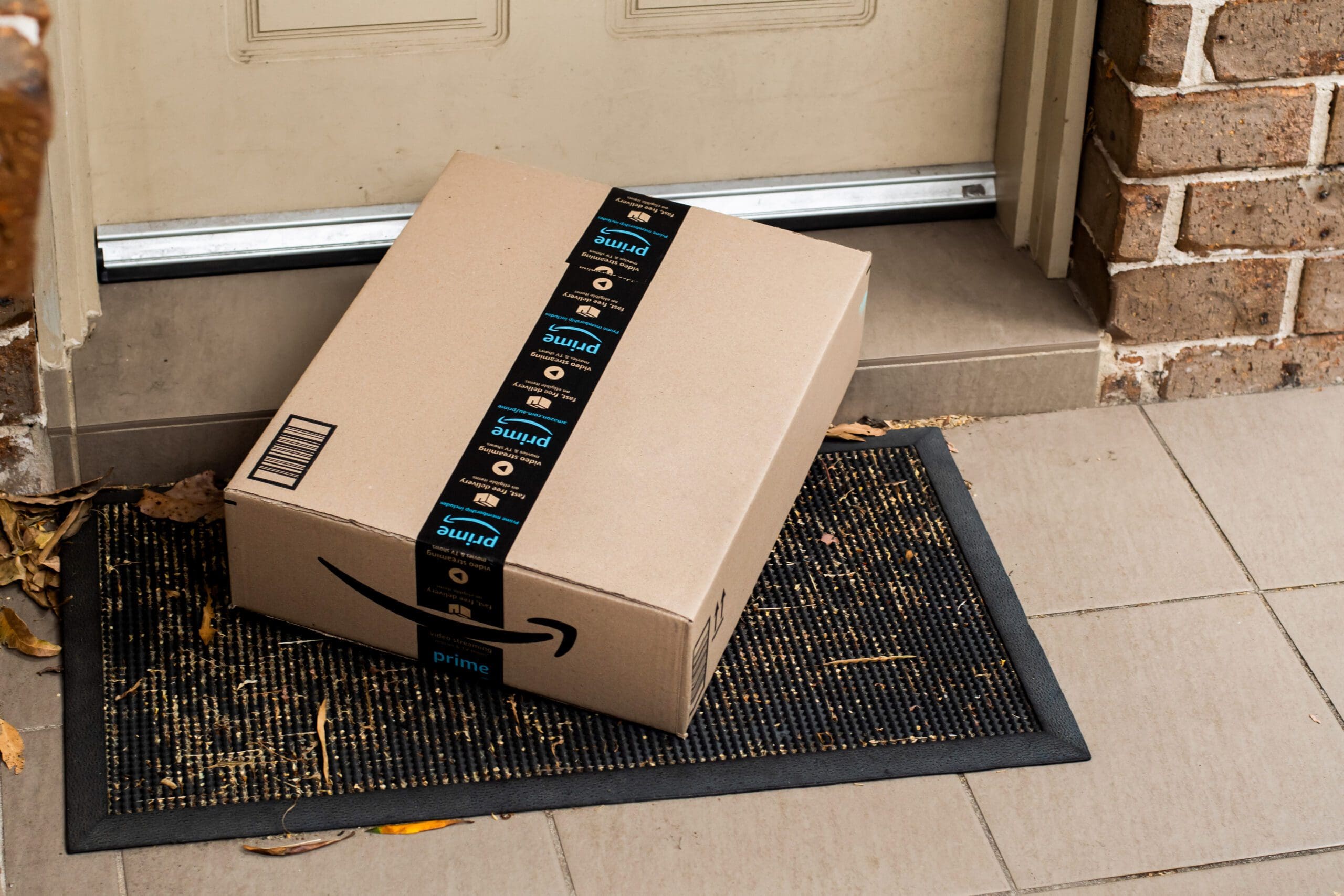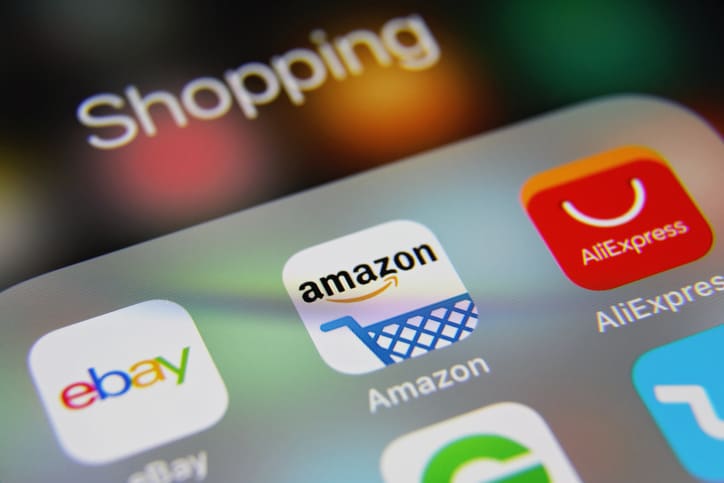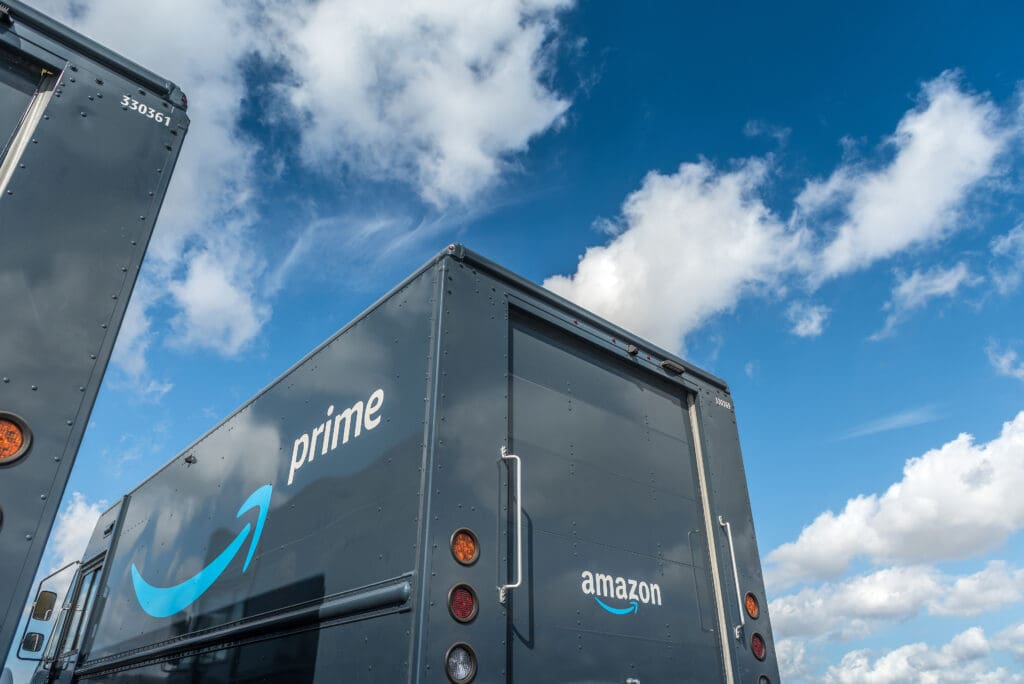As an Amazon seller, you need insurance to meet Amazon’s guidelines as well as protect your growing business. The right insurance policies can not only help to satisfy the requirements by Amazon, but also help give you much-needed peace of mind as you continue to sell and scale your Amazon business. Which insurance policies do you actually need?
It’s important to remember that every Amazon business is different. Insurance policies that may work for a retail arbitrage seller may not work for a private label seller. Amazon businesses with multiple employees may need additional policies that sellers who run their businesses themselves don’t yet need. To help you choose the right policy for your business, you need an experienced eCommerce insurance agent to help recommend which policies are best for your business.
Professional Seller Account
In order to have this type of account, you must have a one million dollar general liability policy in place that lists “Amazon.com, Inc., and its affiliates and assignees” as additional insureds. You’ll also need to provide Amazon with a certificate of insurance for your policy.
Insurance Basics to protect your ecommerce business
General Liability Insurance – Including Products Liability Coverage
General Liability Insurance is the most basic form of business insurance and is designed to protect a company’s assets and pay for financial obligations due to losses from injuries, negligence, and accidents that could occur. A General Liability and Products Liability policy can protect the business from bodily injury, property damage, legal fees, judgments and any settlements that could be awarded should you be successfully sued.
Who needs a General Liability policy?
Easy answer is every business needs a general liability policy. We live in a sue crazy society, and even if you think your business is low risk is it really worth not paying the small premiums associated with a policy? Typically these annual premiums start out at less than $500 annually depending on the type of business, gross sales, and risk associated with it specifically. That’s a lot less than the cost of a potential lawsuit, in the hundreds of thousands if not into the millions, plus the cost of hiring legal counsel, which is typically included in a general liability policy.
Products Liability is generally included along with a General Liability policy. This coverage provides the manufacturer or seller liability in the event that one of their products was to cause bodily injury or property damage to a third party due to a defect or malfunction of the product. This could be a product of any type, food, machine, toy, or any other good sold by the business to the public. Types of typical products liability claims include: Manufacturing or Production Flaw, Design Defect, Defective Warning or Instructions.
Not All Insurance Brokers Are Created Equal
When insuring your livelihood, you need to work with an agent who truly understands your business. It’s also helpful to have a basic understanding of the two main types of insurance agents: independent versus captive.
An independent agent (such as WELL Insurance) is able to quote your policy with multiple companies to find the best coverage at the best price for that specific seller and risk. Captive agents only work with their own company, which limits your policy options to what is available from that insurance agency.
Different sellers have diverse needs. Depending on what products are being sold, the policy may need to be written in a very specific way. For example, if a merchant is selling a private-label item that is manufactured in China, that seller is now a manufacturer, not simply an online seller. Many Amazon merchants are unaware of this distinction and have their policy written incorrectly. This means that the company may not have to pay the loss when a claim occurs.
Take the time to ask your agent the right questions and make sure that you are properly insured from the start.
Don’t rely on “maybe” insurance. Instead, take the time to ask your agent the right questions and make sure that you are properly insured from the start. Ask if your insurance agent has any experience with eCommerce businesses and how long they have been writing these types of policies. While eCommerce is fairly new in the insurance world, you should find an agent who is familiar with the industry in order to get the best possible protection for your business.
Additional Liability Policies to Consider
To protect your business from more specific types of exposures, you may need to purchase additional liability policies. Since searching for policies can be overwhelming for many business owners, here is a breakdown of the additional policies sellers may need to consider regardless of the size or structure of your Amazon business. It is important that sellers understand where and when additional insurance policies are necessary. While you may not currently need a workers compensation or ocean marine policy, for example, you may need them down the road as your business continues to grow.
Ocean Marine Cargo
Ocean Marine Cargo is a great policy for sellers who may be importing products from overseas. Most sellers probably already purchase this coverage on a load-by-load basis directly from their shipping company. The difference in those policies and an ocean marine cargo policy is that the latter covers the inventory from the time it is loaded in the shipping container until it is on the way to the customer and everywhere in between.
Coverage begins when the inventory is loaded into the shipping container as it makes its way to the US via air or ocean transport. This is where a typical shipping policy coverage runs out. However, the ocean marine policy will continue coverage while the products are at port, as they are being domestically transported in the US, and while they are stored in a 3PL or privately owned named warehouse. The policy also provides coverage for unnamed warehouse(s) or FBA warehouses.
Does Amazon cover your products while they are in the FBA warehouse locations? Some say they do, but we have yet to see that in writing. It might be very difficult to get a payment from Amazon should anything happen to those items.
From a premium standpoint, this coverage can also save you money. You no longer need to purchase per shipment insurance or a separate policy for inventory that is being stored in a warehouse. When you consider the costs for both of these policies, in many instances the ocean marine cargo coverage provides better protection for less money.
Business Auto
Even if a business does not own an automobile they need auto liability coverage. Ask these questions – Do you drive to the post office or UPS Store on company time? How about the bank? If the answer to these basic questions is yes, then that business needs to have, at minimum, coverage for Hired & Non-Owned Auto Liability, which would protect the business in the event that an accident occurred on company time.
Workers Compensation Insurance
Workers Comp is state regulated coverage that is required to help pay for any work related injury that may occur to an employee. These policies are rated based on actual payroll figures for the business.
Umbrella/Excess Liability
A separate liability policy that provides excess liability should the business be brought into a lawsuit or facing a judgment in excess of what the general liability limits offer. Ex: If a business is facing a $1.8 million judgment because one of something they were legally liable for the General Liability policy would pay the first $1,000,000 and then the umbrella would respond to pay the additional $800,000. If the business did not have an Umbrella over the General Liability they could be held responsible for the excess $800,000.
Cyber Liability Insurance
This policy is important for any business that uses, collects or stores any electronic information. That business could potentially be sued for data breach and other cyber-crimes. This could include paying legal fees, judgments or settlements. Your general liability policy may not cover these properly. Cyber liability policies continue to evolve due to the ever changing nature of the threats. Not only do these policies pay for judgments and fees, they also help to repair the reputation of the business and or brand.
This is a guest post by Matt Lovell of WELL Insurance. Well Insurance provides the expertise necessary to protect your business assets so you can focus on growing your business. They partner with the most world renowned underwriters to provide you with the best possible coverage to fit your companies growing needs.If you are looking for Ecommerce Insurance or Amazon Sellers Insurance, they are your solution. They provide fast, reliable quotes to help get your business secured as soon as possible.









